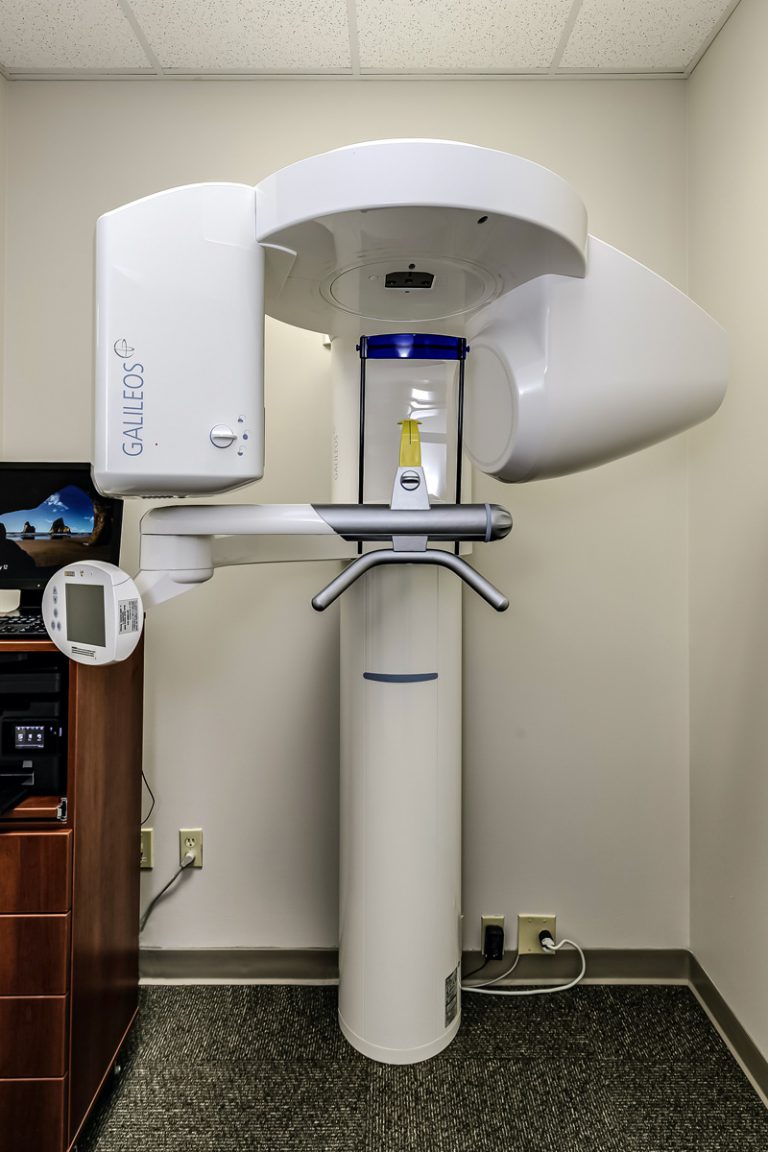To Purchase Tenormin Online Visit Our Pharmacy ↓

Cost Comparison and Insurance Coverage
- Regular Check-ups: Stay on top of your health by scheduling regular check-ups with your doctor. Tenormin, also known as atenolol, is a beta-1 selective blocker, meaning it primarily targets the heart's beta-1 receptors. Do not suddenly stop taking Tenormin without consulting your doctor, as this can lead to adverse effects. It is essential to document and communicate any aberrant changes to healthcare providers promptly. First, introducing moderate, consistent exercise into your routine can naturally elevate energy, avoiding the slump that might push some towards the "happy pills." It's also essential to scrutinize your diet, ensuring it's rich in nutrients and balanced to support your body's needs, steering clear of the seductive but fleeting energy spikes offered by sugar. - Diet and Exercise: Adopting a healthy diet and engaging in regular physical activity can help improve your overall cardiovascular health. Its mechanism, aiming at reducing the heart's workload and helping it to beat more regularly, marks it as a cornerstone in heart health management.
Clinical Applications: Tenormin Beyond Blood Pressure Control
In navigating the daily whirlwind while on Tenormin, dizziness can throw off even the best-laid plans. Tenormin can interact with antidepressants such as MAO inhibitors and SSRIs, often leading to amplified effects on heart rate and blood pressure. Tingling or numb sensations paralleled with an unexplained wheeze or a significant weight gain without dietary changes also signal an uncommon response to Tenormin. For patients on a tight budget, this difference can be crucial. It is essential to disclose your complete medical history to your doctor to ensure safe usage of the medication. By reducing the heart rate, Tenormin decreases the amount of oxygen the heart requires, enhancing overall cardiac efficiency. With its ability to reduce the demand on the heart and lower blood pressure, Tenormin quickly became a cornerstone in the therapeutic arsenal against heart disease.
Tenormin's Interaction with the Sympathetic Nervous System
While most people tolerate Tenormin well, it's important to keep an eye out for any adverse reactions. By integrating advancements that ensure better patient outcomes and compliance, Tenormin continues to reinforce its standing as a pivotal player in heart health management, promising a future where it remains at the forefront of cardiovascular care. It’s akin to trying to dance on a spinning floor—everything feels off-balance. When evaluating Tenormin against other beta blockers, distinct differences in side effects and risk profiles emerge. It's important to quit smoking and limit your alcohol intake to promote better heart health. This action results in a slower, steadier heart rate, which in turn reduces the heart's workload. Moreover, the growing emphasis on personalized medicine presents an opportunity to tailor treatments to individual patient needs, potentially revolutionizing how Tenormin is used in heart health management.
Blood Vessel Relaxation: How Tenormin Affects Vascular Resistance
Diabetic patients should be cautious, as Tenormin may mask hypoglycemia symptoms. Some of the most frequently reported side effects include fatigue, dizziness, and cold hands or feet. Additionally, assistance programs and discounts are often more readily available for generic beta blockers compared to brand-name drugs like Tenormin. Tenormin, generically known as atenolol, embarked on its clinical journey in the 1960s as part of a quest to develop safer and more effective treatments for hypertension and heart-related ailments. In some cases, Tenormin may also lead to more serious side effects such as wheezing, shortness of breath, or swelling of the face and extremities. It's not just about popping pills; it's about navigating through the aftermath of these Rx companions, ensuring they don't steer your day off course. Wearable devices and artificial intelligence algorithms are being developed to monitor patients' responses to Tenormin in real-time, enabling dynamic dose adjustments and improving outcome predictability.
The Role of Tenormin in Blood Pressure Regulation
Unlike some alternatives that may induce a range of side effects, Tenormin's side-effect profile is comparably mild, with fewer and less severe reactions, thus supporting a broader acceptance among patients. However, some users reported side effects like fatigue and cold extremities, noting that these impacts varied by individual. Tenormin is typically taken orally once or twice a day, with or without food. Additionally, the pharmaceutical industry faces the task of maintaining cost-effectiveness, balancing the investment in drug development with the need to make medications accessible to those who need them. Tenormin, or atenolol, is a widely prescribed beta-blocker specifically designed to manage hypertension. Tenormin, known generically as atenolol, belongs to the class of medications called beta-blockers. It belongs to a class of drugs known as beta blockers, which work by blocking the action of certain natural chemicals in the body, like epinephrine, on the heart and blood vessels.
Chemical Composition and Mechanism of Action
To ensure the safety and efficacy of your treatment plan, inform your healthcare provider about all the medications you are currently taking. Additionally, understanding the potential side effects can help individuals make informed decisions about their treatment plan and overall well-being. It’s crucial to adhere strictly to the prescribed dosage and timing, as deviations may exacerbate side effects or diminish the drug's effectiveness. Besides its primary uses, Tenormin is also employed in addressing irregular heartbeats, migraine headache prevention, and in some cases, alcohol withdrawal symptoms. - Stress Management: Chronic stress can have a negative impact on your heart and blood pressure. Healthcare providers can offer tailored advice that considers your unique health history and the specific side effects you're experiencing. Using Tenormin can lead to various potential side effects that individuals may experience.
Managing Dizziness: Safe Practices for Daily Activities
Consequently, Tenormin plays a crucial role in maintaining cardiovascular health and preventing complications. Hydration is key; think of water as the most basic, yet most effective, elixir for your body's engine. Propranolol is non-selective, affecting both beta-1 and beta-2 receptors, leading to wider systemic effects. Tenormin dosage and usage guidelines are crucial for effectively managing heart conditions. Aim for a balanced diet that includes plenty of fruits, vegetables, whole grains, and lean proteins. This antidepressant action allows tenormin to reduce the heart rate and lower cardiac output, which in turn decreases the force with which blood is pumped through the arteries. Tenormin plays a pivotal role in controlling vascular resistance by inducing blood vessel relaxation.
Interactions with Other Medications: 💊
Additionally, understanding how tenormin interacts with other medications can ensure its effectiveness in improving heart health. Firstly, it is crucial to inform your healthcare provider about any medications or supplements you are currently taking. Tenormin, known generically as atenolol, often presents fewer central nervous system effects such as depression and insomnia because it poorly crosses the blood-brain barrier. Regular physical activity is crucial for maintaining a healthy heart. It is important for individuals taking tenormin to be aware of its dosage and any potential side effects they may experience. Tenormin's journey begins in the early 1970s when it was developed by a team of scientists at Imperial Chemical Industries (now part of AstraZeneca). Certain medications, such as calcium channel blockers and diuretics, may interact with Tenormin and affect its efficacy or increase the risk of certain side effects.
Conversing with the Experts: When to Seek Medical Advice
It was synthesized as a beta-adrenoceptor antagonist, with the goal of mitigating the adverse effects associated with existing beta-blockers, while enhancing therapeutic efficacy. To combat this, incorporating safety nets into your routine ensures you don’t fall through the cracks. Managing side effects of Tenormin starts with keeping a comprehensive record of your symptoms and their intensity. These were specifically designed to manage abnormal heart rhythms, angina, and high blood pressure by blocking the receptors that receive adrenaline, thus slowing down the heart rate. Among its companionship, however, it carries a baggage of side effects. The clinical trials and subsequent approval of Tenormin (known generically as atenolol) in the late 1970s revolutionized the approach to heart health management. Tenormin, also known by its generic name atenolol, is a medication commonly used to treat high blood pressure (hypertension), angina, and certain heart rhythm disorders.
Interactions and Precautions: Important Considerations before Starting Tenormin
In parallel, the integration of digital health technologies into Tenormin’s clinical application presents a novel frontier in personalized medicine. Tenormin, also known as atenolol, has established itself as a reliable beta-blocker for managing hypertension and various heart conditions. Tenormin, a script commonly described by the white coat brigade for its role in heart and blood pressure management, is much more than a vial of hope for many. Interactions with other medications are crucial to consider when taking Tenormin. The compounding effect of stress-relief techniques, such as meditation or gentle yoga, can also significantly bolster sleep quality. People with a history of asthma or breathing problems, low blood pressure, or heart block may need to be cautious when using Tenormin. Patients who consume alcohol should be aware that it can enhance the blood pressure-lowering effects of Tenormin, potentially causing dizziness or fainting.










































